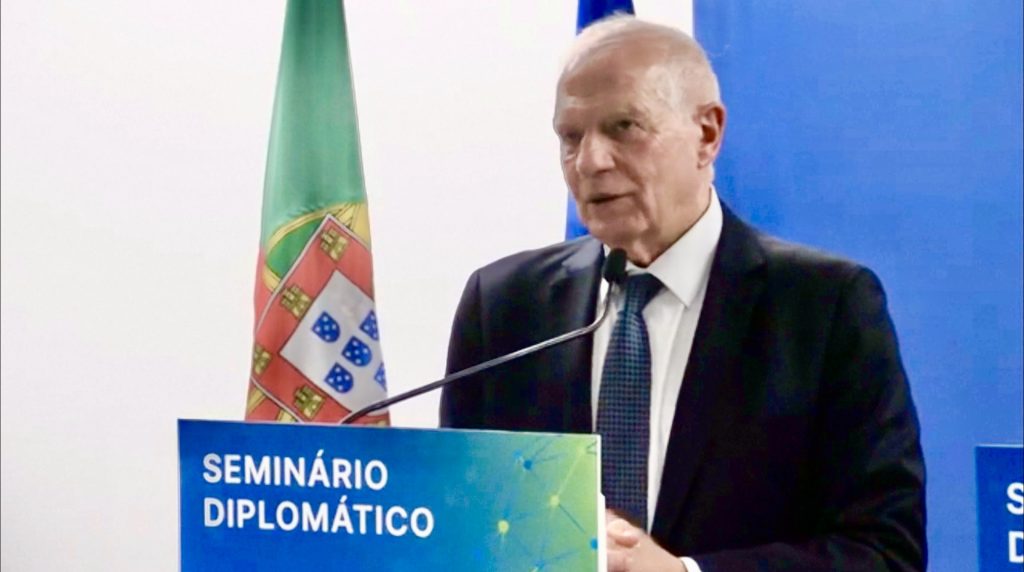ALBERTO BARCIELA
THE GIFT OF GOOD NEWS

January 5, 2024
In our Catholic tradition, the Three Wise Men arrive from the East with their elegant bearing of illusion.
Socrates gave a mirror to his disciples so that, if they were beautiful, they would strive to be honorable, and if they were ugly, like him, they would strive to be wise. He knew, as Xenophon recalled, that only dastardly souls allow themselves to be conquered with presents. The philosopher, son of a sculptor, learned to think and to model reflections that are still very useful to us. He claimed to know that he knew nothing and knew very well how to ask the why of things.
Francisco de Quevedo warned that he who receives what he does not deserve seldom thanks for it, and Lope de Vega affirmed that in friends, presents are love, in lovers care, in suitors bribery, in those who are obliged thanks, in masters favor, in servants service.
It is a time of affability, kindness and gifts, but affections are neither packaged nor can they be disguised forever. My most precious gratifications are words, books, readings, underlining, synthetic and accurate thoughts, and delayed conversations with good friends.
On this special day, I want to share some appreciations.
Only artists can afford the luxury of exaggerating the verb and endure for centuries, even when transgressing norms and looks altered by the passage of time. They are allowed to pass on intangibles: eclipses of the moon, sunsets, silences, complicit or furtive glances, perfumes and essences, reconstructions of mythical cities… In their writings or on their canvases, a snowflake or a blizzard can become priceless gifts, as eternal as a kiss or a wave.
In his essay The Gift, the anthropologist Marcel Mauss enlightened us on the willingness to give something as an act of reciprocity, an opportunity for generosity, courtesy and altruism, and through which certain responsibilities are acquired. To reciprocate is not exactly obligatory, but it is as polite and courteous to do so as it is to value, care for and/or preserve the gift.
With this same thread I participate in a reasoning of Estrella de Diego, essayist, professor and art critic who, in my opinion, elevates the previous argument by transferring the example of the watch to the world of art. In her opinion, a work of art is something whose immaterial value is greater than its price, whatever it may be. The one who receives it acquires a dowry and some responsibilities: to protect it, to know it, to share it, to complete its study and to hand it over to the future. She was referring very significantly to what is donated to a museum.
As an example, in tangible terms, Aurora Bernárdez, Julio Cortázar’s first wife, bequeathed to Galicia the film and photographic archive of the author of Rayuela, and a certain responsibility for its preservation. The Argentine writer observed in the Preamble to the instructions for winding the watch, in “Historias de cronopios y famas”, that “when they give you a watch they give you something that is yours but that is not your body, that you have to tie to your body with its strap like a desperate little arm hanging from your wrist. They give you the need to wind it up every day, they give you the fear of losing it, of having it stolen, of dropping it on the floor and breaking it. They give you the tendency to compare a watch with other watches,… they don’t give you a watch, you are the one who is given the gift”.
Possibly the most successful gift is the unexpected one. Perhaps I will achieve it in this article if I transfer to you an extract from my Collection of Good Intentions, in which the gold, frankincense and myrrh of the meaning of what I addressed on significant occasions to some chosen friends like Nélida Piñón, Marta Álvarez or María Boza are hidden, words that try to make good resolutions, the desire to provoke something beyond the material, which even supposes a banal expense, since they do not occupy more than a few minutes of reading. I do it because I understand that with it I achieve a certain empathy and a flight of imagination. With satisfaction, I bequeath to you something hitherto intimate:
… I am going to give you the land of all music, a rum tango, a bottle of tenderness, an hourglass with a Touareg and two dromedaries, a box of waves -without storms-; an attic of dreams; seven roses with illusions; three phrases from “The Little Prince”; a few drops of ambiguity; two recipes of kindness, one a bit mischievous; a collection of perfectly ordered illusions and another of dedications without double meaning; three paragraphs of diverse utopias; a moment of invisibility; drafts of letters, open-ended nests, engrossed poems, a concrete astonishment, a magnifying glass to enlarge others; memories of repeated loves and dissensions; a diffuse choreography; amber, seashells, saffron, a straw hat, a piece of old mahogany and these few words, summary of all the previous ones, and prelude to an eternity of more words, more feelings, more loves and also of some more misunderstandings. I am going to give you: my words.
Receive in the present the testimony of my gratitude on this day of the Three Wise Men. He who writes is nothing without his readers. Accept my humble gift and, with it, the testimony of my affection. If you appreciate them, give words as a gift, they are like Socrates’ mirror. Exercise with proverbial generosity the gift of kindness.
Good news, health and moments of happiness in 2024 to know something certain: every day is part of eternity and deserves to be enjoyed with those who deserve our gifts.
—-
Alberto Barciela, Spanish journalist, is vice-president of EditoRed.



